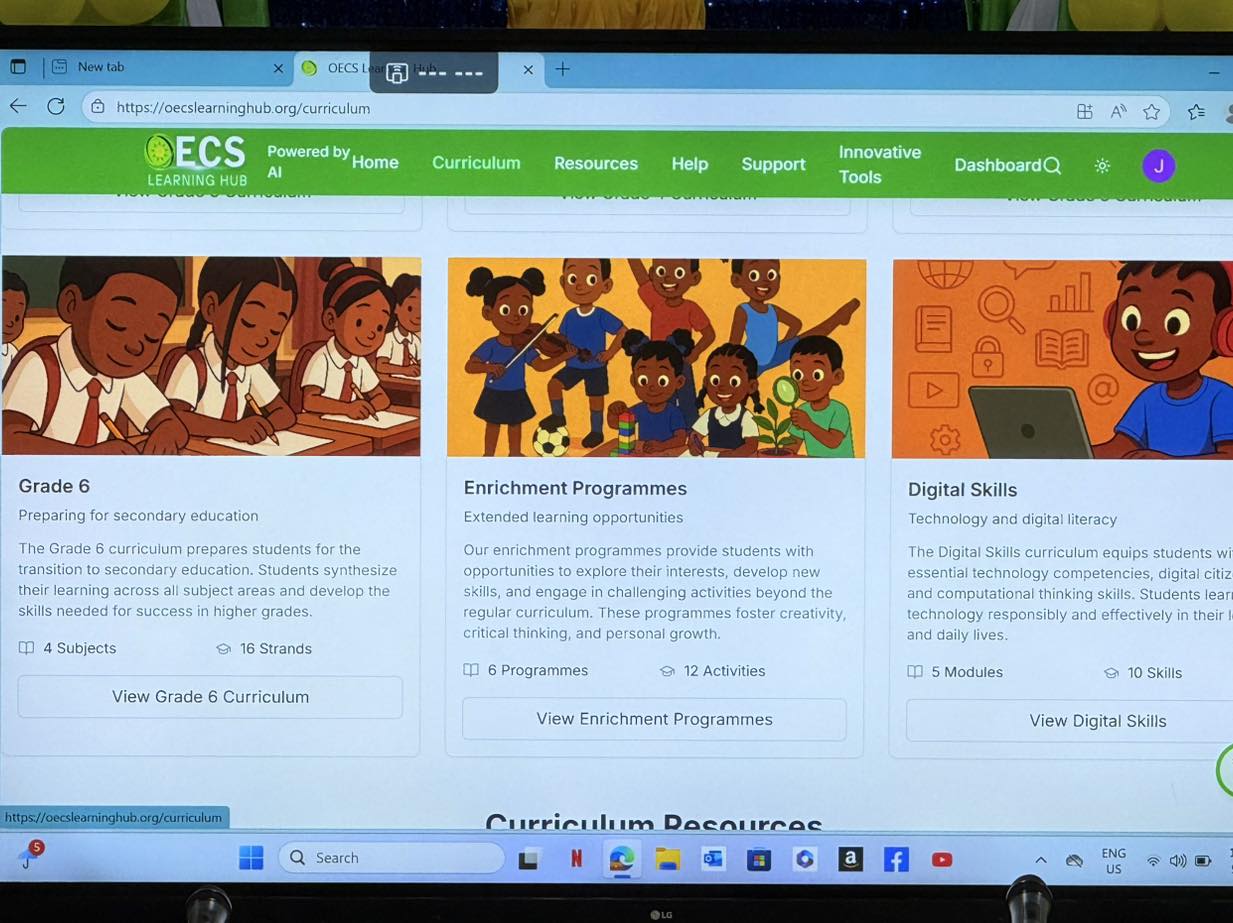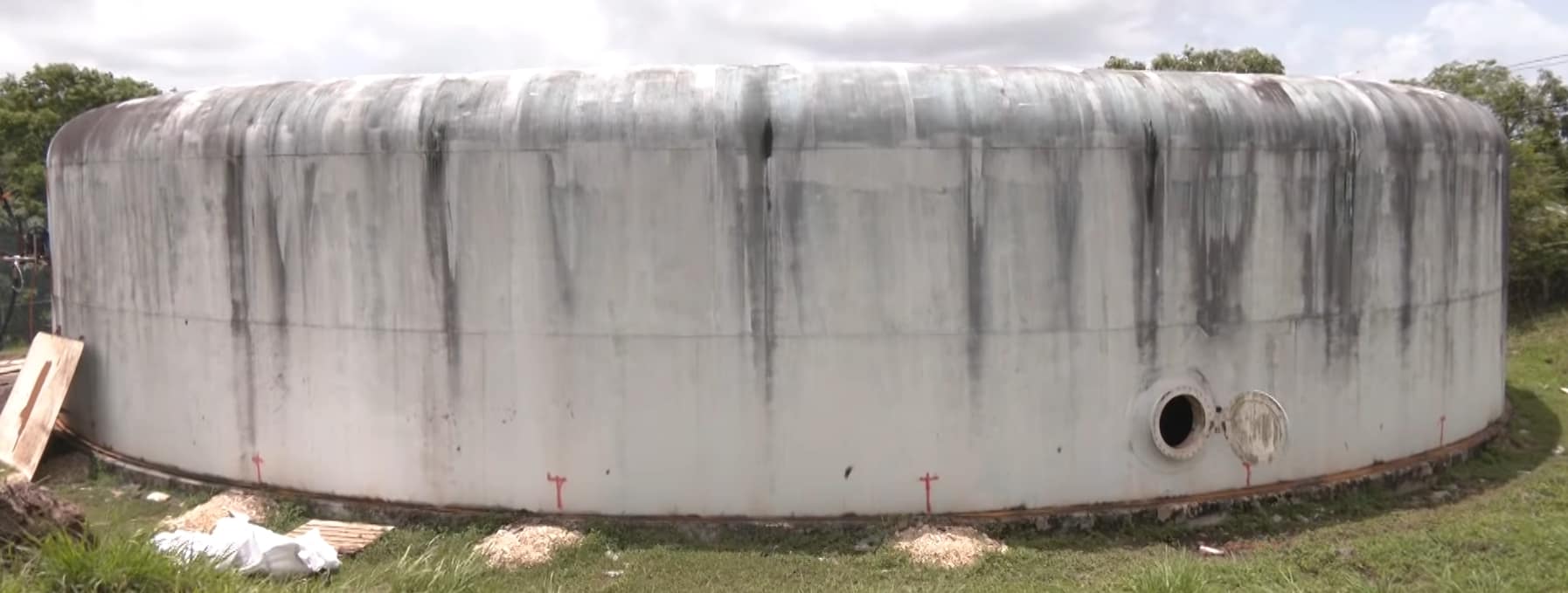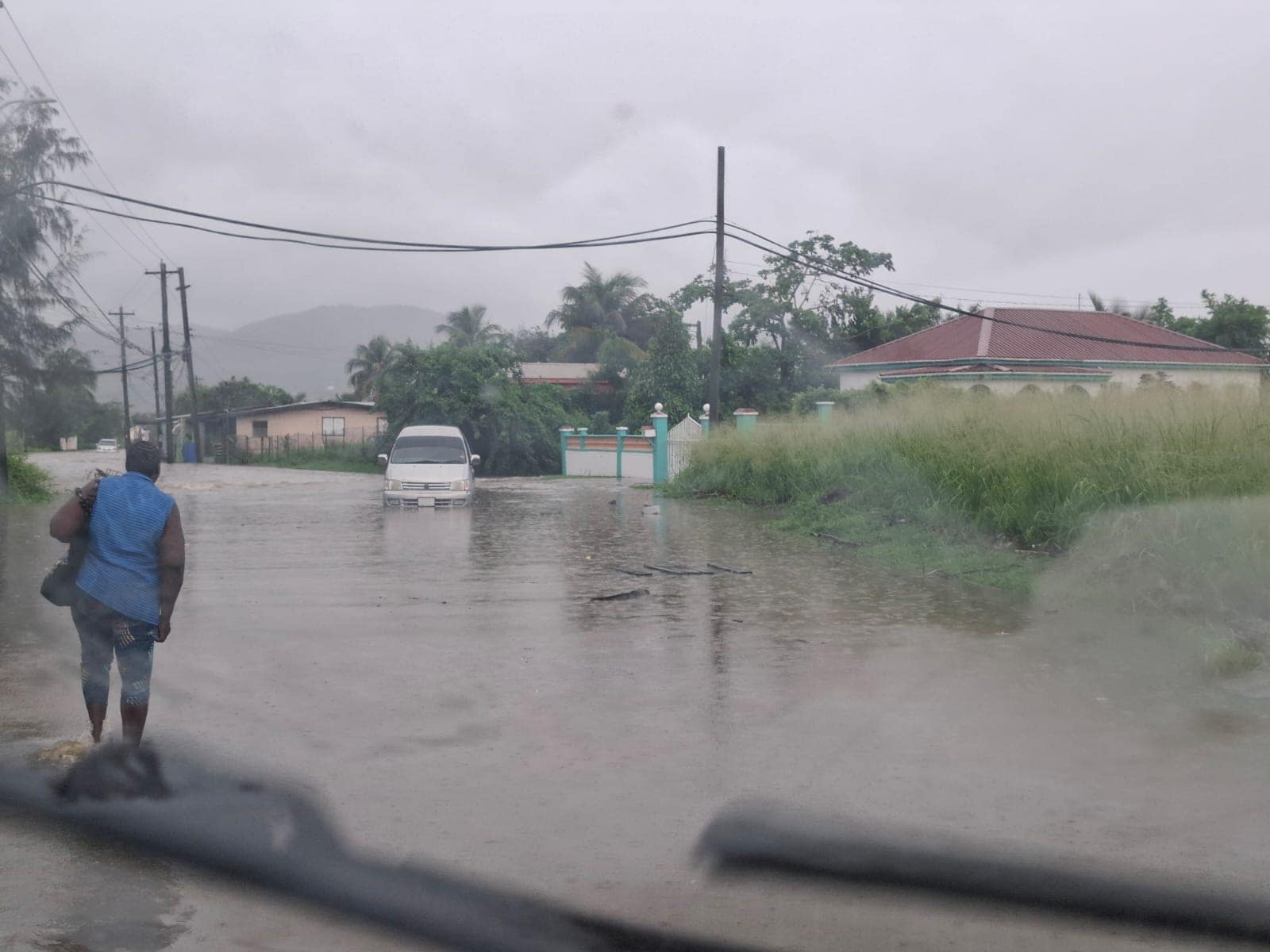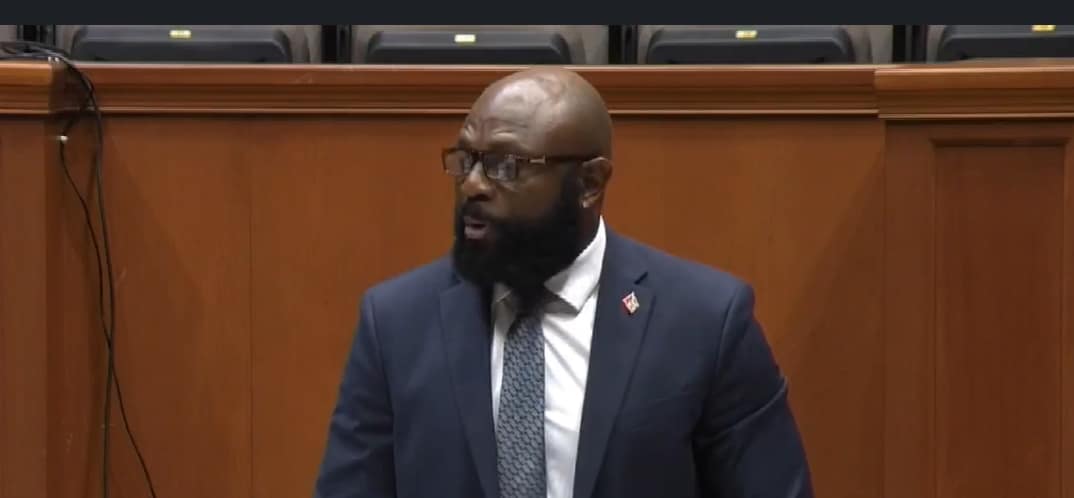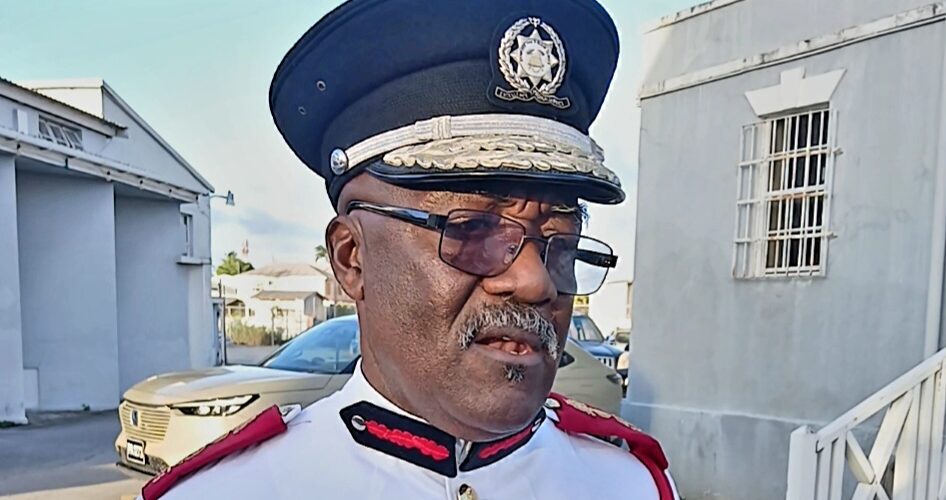The Ministry of Education has unveiled the Digital OECS Harmonised Primary Curriculum (D-OHPC), a groundbreaking initiative set to transform primary education in the Eastern Caribbean. Launched in September 2025, the pilot phase is currently underway in Grenada, marking a significant step toward modernising the region’s educational landscape. The D-OHPC aims to create a new educational ecosystem by integrating advanced technology, including AI-powered planners, virtual classrooms, and digital resource repositories. Its objectives include standardising educational quality, fostering regional integration, and preparing students for a technology-driven future. The curriculum also shifts focus from traditional exam-based assessments to a more student-centred approach, emphasising interactive and inclusive learning environments. During the launch event on 9 September, OECS Curriculum Support Officer Johnell Mitchell highlighted the curriculum’s evolution, noting that it builds on the 2005 framework with enhanced features such as data analytics, lesson planning tools, and quizzes. Principals from pilot schools, including Jenner James of Grand Roy Government School and Kerwin Noel of Mt Pleasant Government School, praised the initiative for streamlining lesson preparation and improving educational delivery. Education Minister Sen. David Andrew underscored the importance of digital infrastructure, while Chief Education Officer Diane Abel-Jeffrey emphasised the role of technology in expanding access and inclusion. The D-OHPC aligns with the OECS PEARL (Programme for Educational Advancement and Relevant Learning) and Grenada’s national education plans, reflecting a shared commitment to modernising education. Deputy Chief Education Officer Deanne Francis-Thomas described the curriculum as a reimagining of teaching and learning, designed to prepare students for the 21st century. Permanent Secretary Lorraine St Louis-Nedd expressed gratitude to partners, including the Global Partnership for Education, for their support in bringing the curriculum to life.
分类: society
-
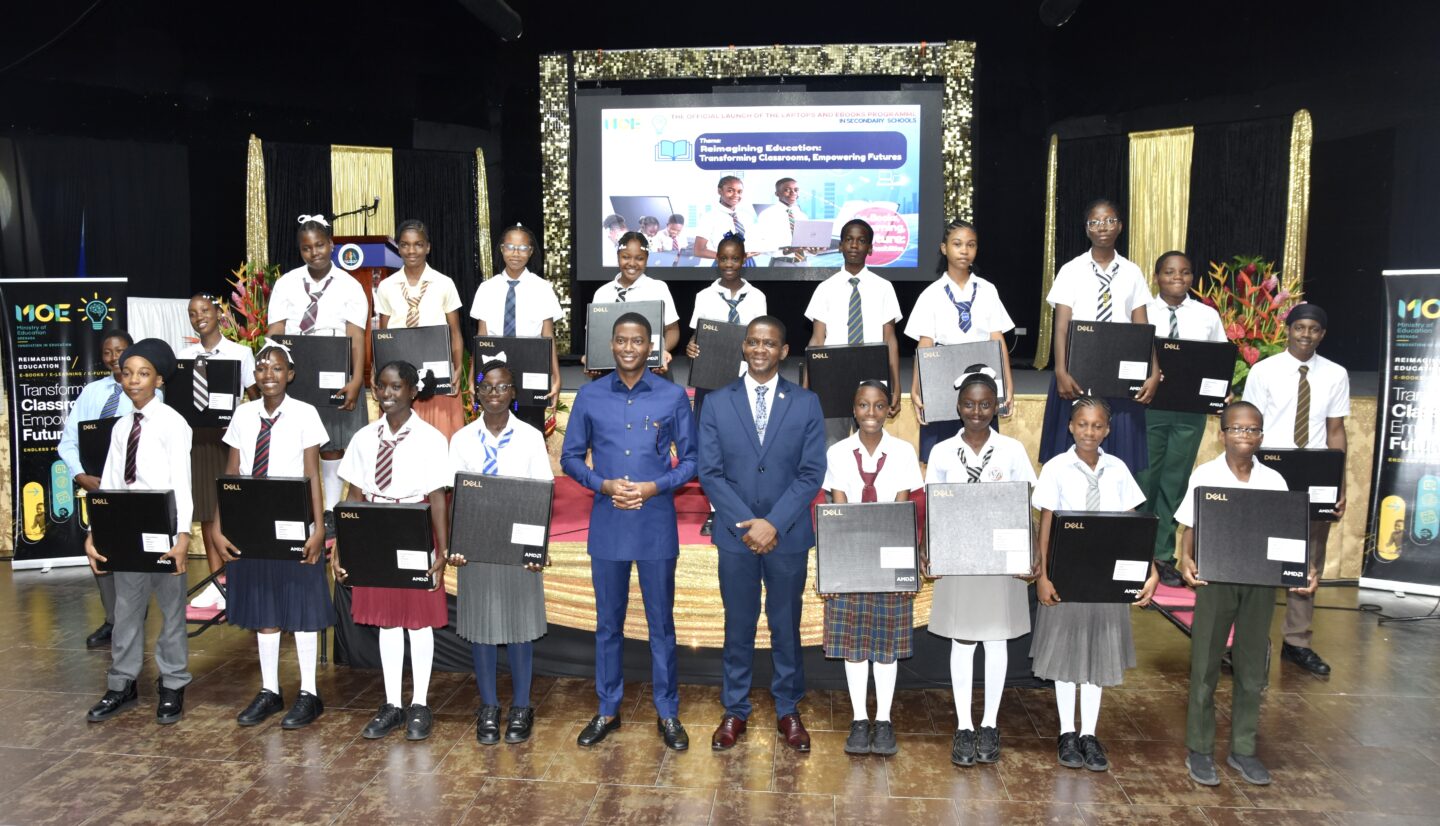
Students receive laptops and e-books from Government of Grenada
In a landmark move to modernize education, the Ministry of Education of Grenada officially launched the Laptops and E-books in Secondary Schools Programme on October 6 at the Grenada Trade Centre in Morne Rouge, St George. The EC$9.2 million initiative, themed “Reimagining Education: Transforming Classrooms, Empowering Futures,” aims to equip every Form 1 and Form 2 student in public secondary schools with high-quality laptops and access to essential e-books.
-

Delay doesn’t mean no charges in school violence cases – Bailey
In a series of troubling incidents involving student-on-student violence, charges remain pending in two separate stabbing cases that occurred at or near schools, leaving victims with severe injuries. Assistant Commissioner of Police Trevor “Buju” Bailey, responsible for crime fighting, revealed that the approach to prosecuting alleged juvenile perpetrators has shifted significantly.
-

Relatives paint contrasting pictures of man who killed his grandfather
In a tragic incident that shook the Collins community in 2020, Jareth Jamala John, a 25-year-old man, was sentenced to 20 years in prison for the manslaughter of his 94-year-old grandfather, Murrington Alston John. The crime, committed during a psychotic episode, has left the family divided in their perceptions of the defendant. During the sentencing hearing at the High Court in Kingstown, Justice Rickie Burnett referenced a social inquiry report that revealed starkly contrasting accounts of Jareth from his mother, Ivy John, and his unnamed brother. Ivy described her son as loving and helpful, emphasizing his close bond with his grandfather. She attributed his violent outburst to mental health issues exacerbated by marijuana use, which began at age 13. In contrast, Jareth’s brother painted a darker picture, alleging that the defendant had a history of violent behavior that instilled fear in the household. The brother claimed he had repeatedly urged their mother to seek mental health evaluations for Jareth, but she refused. The court also noted that Ivy had pre-existing mental health challenges. Jareth’s mental health reports indicated that his marijuana addiction, which he vowed never to quit, played a significant role in triggering his psychotic episodes. Despite his guilty plea and a reduced sentence due to diminished responsibility, the case highlights the devastating consequences of untreated mental illness and substance abuse.
-
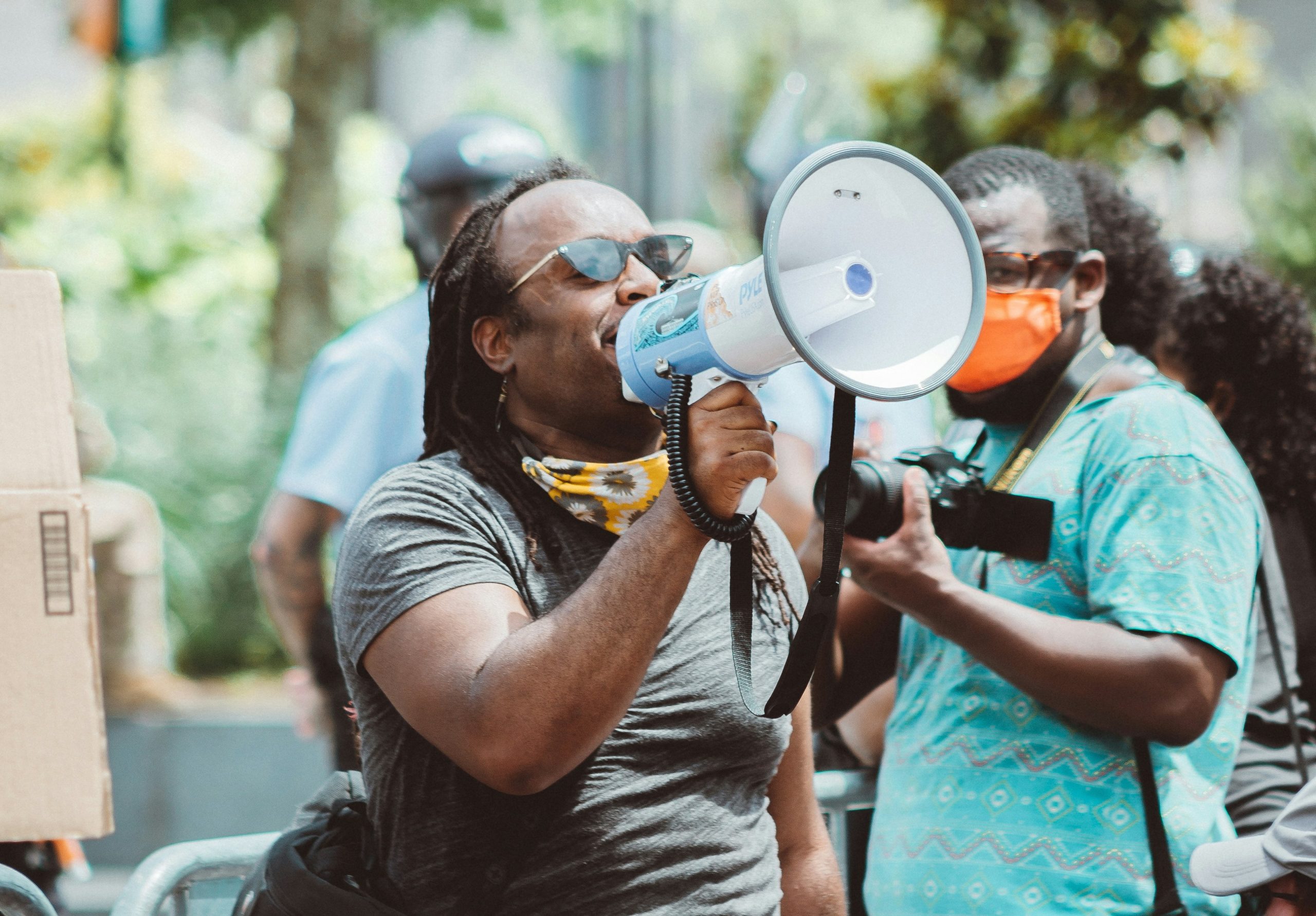
Pedro Vaca warns press freedom is under pressure across the Americas
Punta Cana, Dominican Republic – Pedro Vaca Villarreal, the Special Rapporteur for Freedom of Expression at the Inter-American Commission on Human Rights (IACHR), has issued a stark warning about the deteriorating state of press freedom across the Americas. Speaking at the 81st General Assembly of the Inter-American Press Association (IAPA), Vaca lamented the scarcity of positive examples of journalistic liberty in the region. He highlighted alarming developments in Guatemala, El Salvador, and the United States, where journalists face increasing obstacles. In Guatemala, reporters are being imprisoned for merely performing their duties, while El Salvador has imposed severe restrictions on access to public information, making confidentiality the norm. In the United States, new Pentagon regulations have been criticized for impeding journalistic work. Vaca also expressed concern over a broader regional trend of ‘tolerance for abuse,’ exacerbated by irresponsible and discriminatory rhetoric from political leaders, which undermines public trust. Panelists Andrés Mompotes, director of El Tiempo (Colombia), and Daniel Dessen, president of La Gaceta (Argentina), echoed these sentiments, noting the erosion of democratic values and ongoing efforts to delegitimize the press. Despite these challenges, Dessen pointed to failed censorship attempts in Argentina as a sign that ‘there are still reasons for optimism.’
